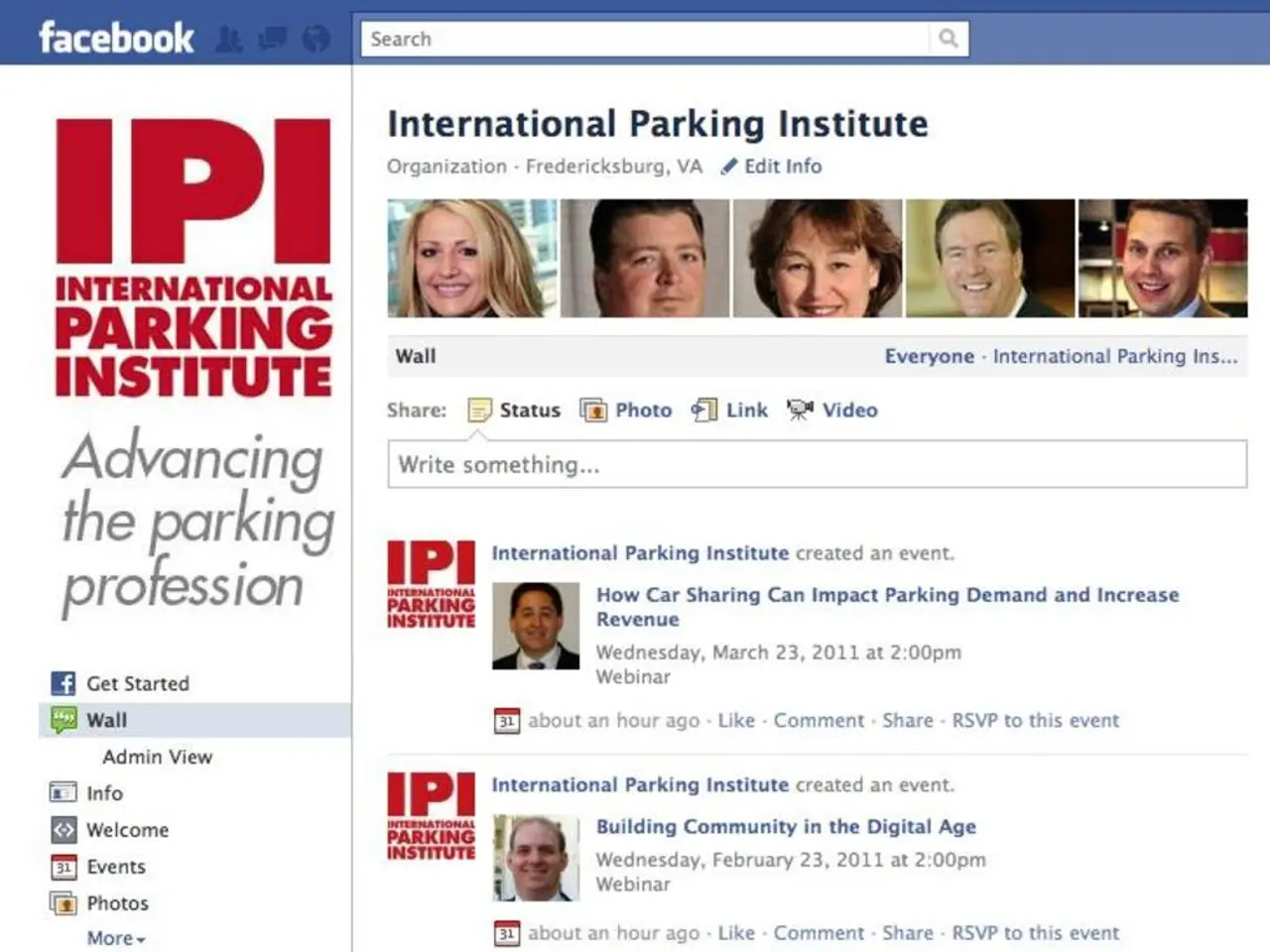Unveiling the Reason Behind the Widely-Shared Message on Facebook: A Look into the Mystery Behind the Viral Privacy Notice
Facebook, now known as Meta, is currently experiencing a trend where users post messages claiming to block the platform from using their photos and personal data. However, these viral posts do not actually protect users' privacy.
Meta collects a broad range of information, including basic details, group memberships, contact lists, user interactions, device information, and location. This data is used to personalize ads and experiences, a practice facilitated by sophisticated tracking technologies such as the Facebook Pixel and enhanced ad targeting mechanisms.
Privacy protection on Meta requires proactive technical and settings-based controls rather than symbolic gestures like copy-pasting text. Here's what you can do to secure your privacy on the platform:
- Use Meta’s built-in privacy settings: Adjust who can see your posts, limit data sharing in ad preferences, and control app permissions.
- Implement Consent Management: For businesses, integrate robust consent management tools tied with Meta Consent Mode to ensure users’ privacy choices are respected legally and technically.
- Limit Data Sharing and Tracking:
- Opt out of ad personalization where possible.
- Review and reduce permissions granted to apps and services.
- Use privacy-enhancing browser settings or tools to block trackers.
- Stay informed on policy updates and tools: Facebook regularly updates its privacy features and policies. Awareness and adjustment of these settings can improve privacy.
- Use secure communication settings in Messenger and other Meta apps: Be mindful of what data you share and review Messenger privacy settings, as the app has been flagged for privacy concerns.
It's important to note that privacy control depends on the settings chosen within the account, not on viral posts. When a person creates a Meta account, they agree to the platform's terms and conditions which explain what data is collected and how it may be used.
Spreading viral privacy posts can expose people to scams and cyber risks, as hackers and fraudsters use viral chains to identify vulnerable users. Removing untrusted third-party apps can strengthen security.
While no app or setting can guarantee full privacy in today's connected world, staying alert, using privacy controls wisely, and thinking twice before posting remain the best defense for online privacy today.
For those who want absolute control, deleting social media accounts might be an option, but some data may still remain stored by the company. To read these policies anytime, visit your account settings.
- Despite the viral posts on social media claiming to block Facebook (Meta) from using personal data, it's essential to understand that these posts do not actually protect users' privacy.
- In reality, ensuring cybersecurity and protecting privacy on Meta involves proactive steps such as using Meta’s built-in privacy settings, implementing consent management, limiting data sharing and tracking, staying informed on policy updates, and using secure communication settings in Messenger and other Meta apps.




